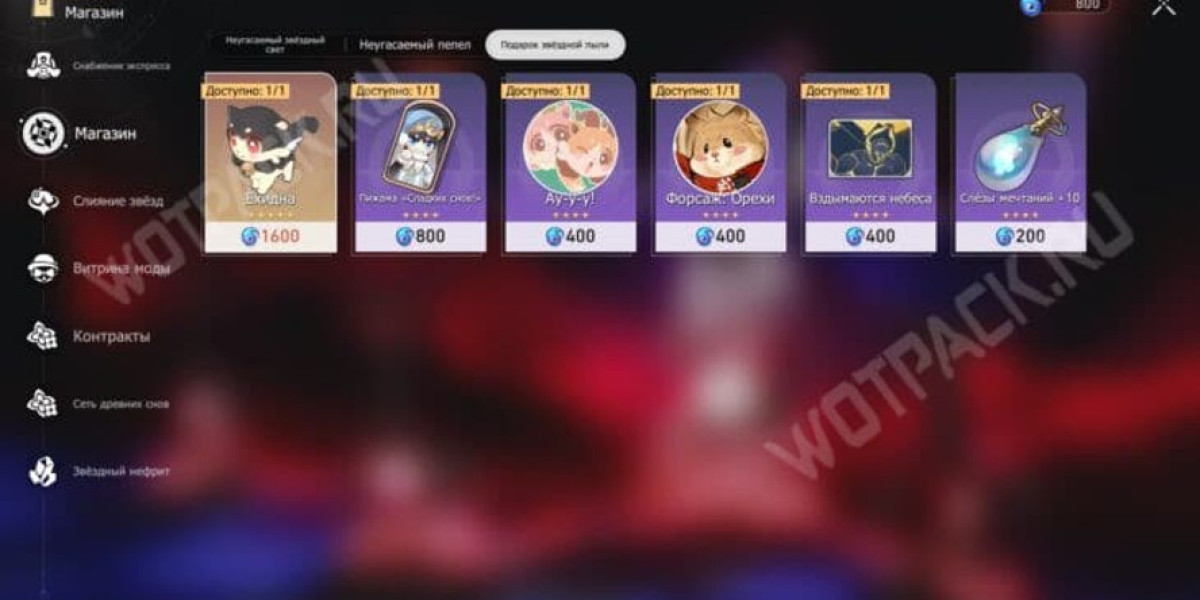The global IMSI Catcher Industry is one of the most secretive and tightly controlled sectors within the broader defense and security technology landscape. This industry does not operate like a conventional commercial market; it is a closed ecosystem where the suppliers are highly specialized technology firms and defense contractors, and the customers are exclusively government entities. The core purpose of the industry is to develop and provide state-of-the-art tools for signals intelligence (SIGINT) and electronic warfare, specifically targeting cellular communications. Due to the profound national security and public privacy implications of its products, the entire industry is subject to rigorous government oversight, strict export control laws (like ITAR in the US), and a culture of extreme confidentiality, making it opaque to the outside world.
The structure of the industry is highly concentrated, with a small number of key players who possess the requisite technical expertise, manufacturing capabilities, and, crucially, the trust and security clearances of government clients. These companies range from large, well-known defense corporations that have a dedicated signals intelligence division, to smaller, more agile boutique firms that specialize exclusively in cellular surveillance technology. A defining characteristic of the industry is the immense investment in research and development (R&D). These firms are locked in a perpetual technological arms race with mobile network operators and handset manufacturers, constantly working to find and exploit new vulnerabilities in cellular protocols as older ones are patched, a process that requires a deep bench of highly skilled engineers and cryptographers.
The broader industry ecosystem is also highly specialized. Component suppliers must often meet stringent military or government specifications. Sales and business development professionals are not typical salespeople; they are often former military or intelligence personnel with deep domain knowledge and existing relationships within the government procurement community. The relationship between the industry and its government clients is often deeply collaborative, with agencies providing direct feedback and requirements that shape the development of the next generation of products. This close, symbiotic relationship ensures that the technology remains aligned with the evolving operational needs of the end-users, but also further reinforces the closed and insular nature of this unique and critically important industry.














